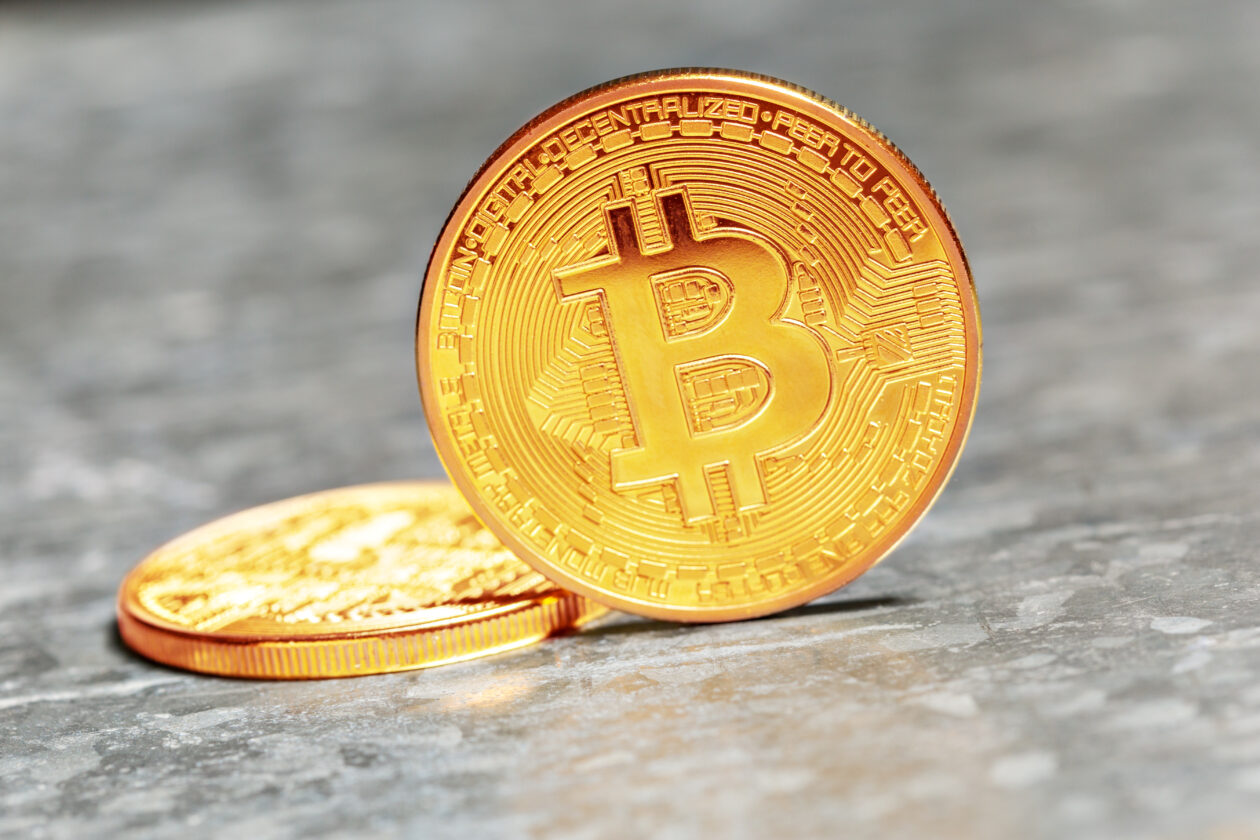Bitcoin and Ether fell along with other major cryptocurrencies through most of Monday trading in Asia as the bankruptcy of Bahamas-based cryptocurrency exchange FTX.com on Friday raised questions about the finances of other crypto trading platforms.
Hong Kong’s AAX exchange said on Sunday it had suspended trading for 10 days, citing the failure of a third-party partner, which it didn’t identify. The exchange said it has no exposure to FTX. Singapore-based exchange Crypto.com was also the subject of speculation it may be in trouble.
“There is a lot of fallout still to come on the back of what we’ve seen over the last week,” Caroline Bowler, chief executive officer of Australian crypto exchange BTC Markets Pty Ltd, told Forkast in an interview.
While Bitcoin and Ether slumped, they later made up some ground for the past 24 hours. Smaller cryptocurrencies posted sharper losses, but also recovered in later trading.
The native CRO token of Crypto.com, which earlier touched a near two-year low of US$0.0611 amid reports of large erroneous Ether withdrawals from the exchange, was down 1% at US$0.068 for the 24 hours through to 4 p.m. Hong Kong.
Crypto.com transferred 320,000 ETH — around $400 million at the time and about 80% of their Ether reserves — to rival exchange Gate.io instead of sending it to a new cold storage address, an act that Chief Executive Officer Kris Marszalek called accidental.
Data on Etherscan shows that the transaction took place on Oct. 21, and that Gate.io returned the funds on Oct. 29.
Explanation?
The drop in CRO also followed a tweet on Sunday by Binance Global Inc. Chief Executive Officer Changpeng Zhao that appeared directed at the Singapore exchange.
“If an exchange have to move large amounts of crypto before or after they demonstrate their wallet addresses, it is a clear sign of problems. Stay away,” Zhao said.
Marszalek hit back on Twitter a few hours later: “The ETH transfers that generated so much FUD & speculation on Twitter today were made over three weeks ago, on October 21st to Crypto.com’s whitelisted corporate account at Gate.io.”
Lachlan Feeney, chief executive officer and founder of Australian blockchain development agency, Labrys Group Pty, had concerns about that explanation.
“If I was a customer of Crypto.com, I’d be pretty worried if I found out that they sent what I believe was about half a billion dollars accidentally to the wrong person,” he told Forkast in an interview.
He described the whole situation as “very concerning.”
Marszaleck at Crypto.com hosted a live Q&A at 3 p.m. Singapore today to take questions from investors and said that the incident shows they need to improve processes, but the funds were never at risk as they were at a whitelisted, pre-approved account.
Canine Reserves?
The Sunday comment from the Binance CEO Zhao relates to Gate.io releasing a proof of its reserves on Oct. 28, or just one day before they transferred the funds back to Crypto.com.
Around the same time as the transfer, Crypto.com released proof of assets on its website as part of a push for greater transparency within the industry — one that is expected to grow stronger in the fallout from FTX’s collapse.
Except in the case of Crypto.com, it showed that the largest asset they held aside from Bitcoin is the speculative Dogecoin copycat token, Shiba Inu, which makes up 21.11% of their holdings, according to blockchain analytics platform Nansen.
Marszaleck addressed this in his Q&A, saying “Well, it’s 1 is to 1, right? So we store whatever our customers buy. And it so happens that last year Dodge and Shib were two extremely hot meme coins. And so people bought a lot and they’re holding it. They didn’t sell it. So as long as our users are holding, we will be holding it.”
Bitcoin comprised 33.48% and Ether made up 15.6% of total assets held by Crypto.com..
“Sensible industry measures, such as regular Proof of Reserves, will be a vital start to regaining the loss of trust in the ecosystem,” said Jonathon Miller, Australian Managing Director of crypto exchange Kraken. He said Kraken has already conducted two audits this year of its holdings.
That cold wallet feeling
Feeney went further.
“I would strongly encourage anyone who has any assets on any exchange, no matter how secure you think that exchange is, to consider pulling them off, at least until the dust settles,” he said.
For a lot of these businesses, it really is a confidence game, he said. “And if you can just maintain confidence long enough, then you might be able to scrape through.”
Anto Paroian, CEO and Executive Director of crypto hedge fund ARK36, said it will take weeks for the full scale of the FTX bankruptcy to become clear.
“Moving forward, users should consider every exchange potentially insolvent unless proven otherwise through proof-of-reserves,” he said.
“Investors should also brace themselves for contagion from FTX’s bankruptcy. FTX had strong and diverse ties to the industry, acting as a lender of last resort and a VC investor. It will take weeks before we see the full extent of the damage done.”
Bitcoin was little changed at 4 p.m. Hong Kong, up 0.21% to US$16,799. It early fell below US$16,000 for the first time since Thursday. Ether was also little changed, up 0.6% to US$1,257.
Solana bounced back 4% to US$14.54 after earlier posting a drop of 13%, the biggest losses in CoinMarketCap’s top 20 cryptocurrencies by market capitalization, excluding stablecoins.
The token was one of the worst hit in the sell-off last week as it made up a large part of the reserves at FTX’s brokerage arm Alameda Research, which Alameda sold to try and stave off the collapse of the company.
Elsewhere, Shiba Inu token traded 1.87% lower at US$ $0.0000093, while Polygon added 1.76% to US$0.95 after earlier dropping 8.8%.

